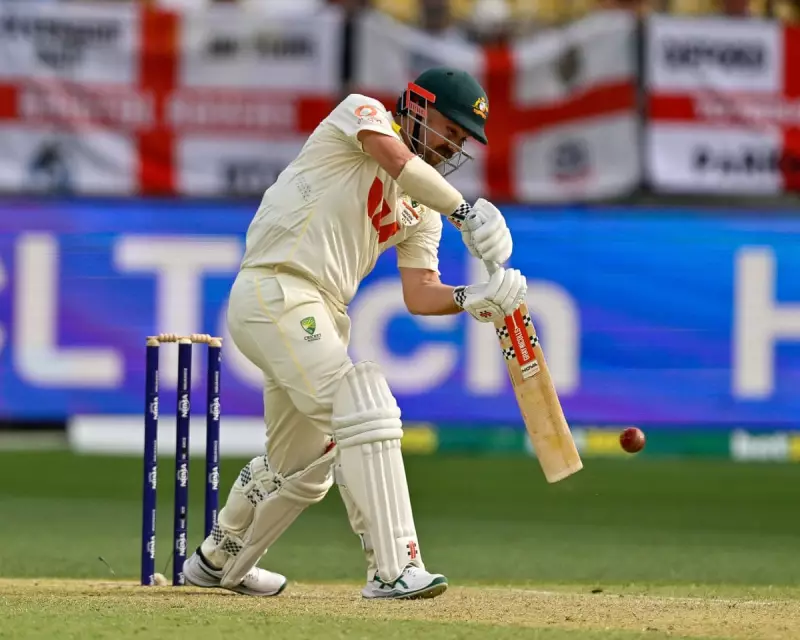
England's Dramatic Collapse Seals Historic Defeat
Travis Head steered Australia to a comprehensive eight-wicket victory in the first Ashes Test at Perth's Optus Stadium, concluding a match that lasted less than two days. This remarkable result marks the shortest Ashes Test encounter in 137 years, according to statistician Dave Middleton, creating an unforgettable and frenetic start to the series.
The match turned decisively on day two when England, seemingly in a commanding position with a lead of over 100 runs and nine wickets still in hand, suffered a catastrophic middle-order collapse. Their innings disintegrated in under 35 overs, handing Australia a straightforward target that Travis Head confidently chased down within hours.
ICC Defends Perth Pitch as 'Very Good'
In the aftermath of the rapid conclusion, the International Cricket Council (ICC) match referee delivered a significant verdict, awarding the Perth pitch its highest possible rating of 'very good'. The assessment praised the surface for its 'good carry, limited seam movement, and consistent bounce early in the match', concluding it provided a fair balance between bat and ball.
This official rating directly counters any suggestion that the pitch was at fault for the two-day finish. Cricket Australia's chief of cricket, James Allsopp, supported this view, commending the ground staff and head curator Isaac McDonald. 'The match referee’s 'very good' rating justifies our belief,' Allsopp stated, attributing the brevity to 'brilliant pace bowling from both sides and the frenetic nature of the contest'.
Financial and Fan Fallout from Rapid Result
The abbreviated match had immediate and significant consequences. Fans who had travelled to one of the world's most remote major cities for days three and four were left disappointed. Furthermore, the early finish proved costly for the organisers, with Cricket Australia facing approximately $4 million in lost revenue.
Despite the frustrations, Allsopp highlighted a silver lining, noting that the thrilling contest had captivated television audiences. Channel Seven reported a TV audience surge of 60% compared to the previous year's contest against India. 'We saw some incredible moments which captivated huge viewing audiences,' Allsopp said, expressing hope it would inspire more children to engage with the sport this summer.
As the teams look ahead, the focus shifts to the next Test at the Gabba, with Cricket Australia emphasising its commitment to pitches with distinct characteristics across the country.




